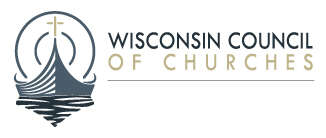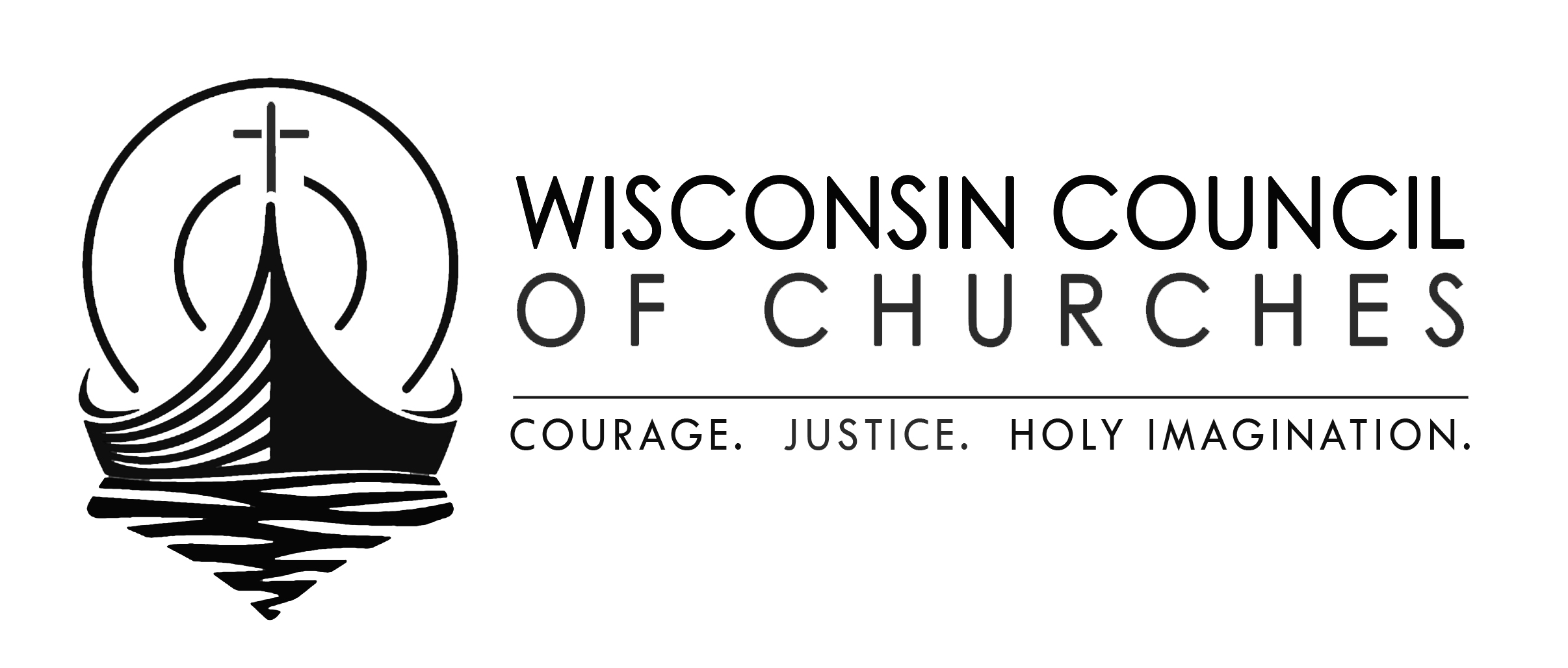Should we tell the church when someone tests positive for COVID?
Seems like we’ll be doing this for a while
“Someone on my staff tested positive for COVID. They were masked the whole service. But what’s my responsibility in telling people they’re positive?” That question was recently posed to my colleague Breanna Illéné.
To answer it, let’s understand the background. We may not exactly be in a COVID surge these days, but nationwide we’re definitely in an upswing.
- Positive tests are up.
- So are emergency room visits. So are hospital admissions and COVID detected in wastewater.1
- Fortunately deaths are not up, due to vaccinations and improved treatment.
None of this compares to previous peaks, of course. But it’s enough to raise an eyebrow or two.
A new variant known as EG.5 or “Eris” appears to be driving some (but not all) of the increase. As Those Nerdy Girls argue, there’s no real reason to worry that a new mutation has emerged. That’s just a virus doing virus things. And so far, there’s no evidence that EG.5 causes more severe disease than previous variants.
But EG.5’s innovations do allow it to spread somewhat more quickly and effectively. Meanwhile, immunity from booster shots and previous infections is waning. That sets the stage for more infections.
It’s prudent to inform the congregation when you suspect someone may have brought COVID into a group setting.
To come back to the question at hand, then: yes. It’s prudent to inform the congregation when you suspect someone may have brought COVID into a group setting.
I wouldn’t identify the person, and I wouldn’t necessarily make a big deal of it. A quick email should be enough. Inform people of the situation and suggest they take whatever precautions they feel are necessary.
It’s a good idea to build a culture of trust around these issues, going both ways. Leaders need to be transparent and project care for the community. Members should feel comfortable disclosing when they’ve been ill for everyone’s safety. That’s particularly the case now, stuck as we are between the “already” of increasing infections and the “not yet” of new booster shots.
And the advice is not limited to COVID. We will soon move into flu, RSV and cold season. This might be a good time to remind your community of two things:
- COVID can look a lot like other respiratory illnesses. If you’re sick, stay home and take a test.
- The same precautions that protect against COVID protect against flu, RSV and colds. Wash your hands often, cover your cough, and if you’re sick? Stay home and take a test.2
Is it time to go back to masking and social distancing? Realistically, not many congregations will have an appetite for returning to surge-era precautions. But it’s never a bad idea to have the conversation now about what your response should be if things do start to go south.
COVID statistics being what they are these days, it’s difficult to give you exact numbers on when to be concerned. The numbers we’ll be watching are the ones mentioned above. On a congregational level, if more than two or three people in worship test positive, or if there’s a sudden jump in infections in the community, it’s time to pay attention and think about your plan.
Why should we still care about this stuff? As Emily Smith points out, there’s an equity angle here. Vulnerable individuals, such as the very young and the very old, are also more vulnerable to COVID. And Black, brown and poor communities are most at risk from long COVID.
And as Smith says, it’s just plain neighborly:
Why do I bring all of this up again? Because masking, getting boosted when I can, staying home if I’m sick means that I neighbor well. I can still provide protection for those that are not protected by thinking and then acting like a neighbor. It’s very clear from the last two figures who our neighbors are that are at risk of long COVID. And it’s clear who our neighbors are that are at high risk of complications from COVID. Even if we ourselves do not identify as someone living under the poverty line or with food insufficiencies or have a high-risk child, we can still be good neighbors. Masks and vaccines are powerful tools to do so.
I think I’ll let that be the last word for now. If you have questions or suggestions, feel free to fire them off to me.
1Did you know that Wisconsin is a leader in wastewater analysis? It’s true, and keep those jokes to yourselves.
2As we’ve previously mentioned, it’s also wise to provide hand sanitizer and masks in a prominent location. You can also wipe down door handles and other frequently-touched surfaces with a sanitizing wipe. I used to do this before and after worship during winter months.
The Links
I’ve been away for a couple of weeks, and things have piled up:
- An alert reader points out that in our interview with Immunize WI Director Ericha Stewart, Bayfield Health Department was listed as one of the IMWI coalition members. It should actually be the Bayfield County Health Department. Small but important distinction, given how well Bayfield County reacted during the COVID pandemic.
- Is it wiser to get a booster now or wait for the new fall booster? In most cases, the answer seems to be “Wait, if you can.” If you’re worried, or if you have a special situation, you may want to talk it over with your primary care provider.
- Speaking of the new booster: it’s late, and experts are starting to get agitated.
- White House Launches Office of Pandemic Preparedness and Response Policy. Wait, they can do that?
- The CDC now recommends an immunization against RSV for all infants under 8 months old, and some older babies.
- The Common Ground Healthcare Foundation is offering grants of between $5,000 and $50,000 to organizations in northeastern Wisconsin seeking to “enhance the health and wellbeing of community members.”
- The Fond du Lac County Health Department, in conjunction with other groups, is putting on a “stigma awareness event” around substance use disorders.
- If you live or work in Chippewa, Dunn or Eau Claire counties, please take their quick (~ 5 minutes) community health assessment, and share their flyers (English, Spanish and Hmong).
- The Wisconsin Office of Children’s Mental Health has a new fact sheet on girls’ mental health that’s worth a read. As they say, “Like other vulnerable groups, including LGBTQ youth, mounting evidence shows young women and girls are facing record high levels of depression, anxiety, violence, and suicidality.”



